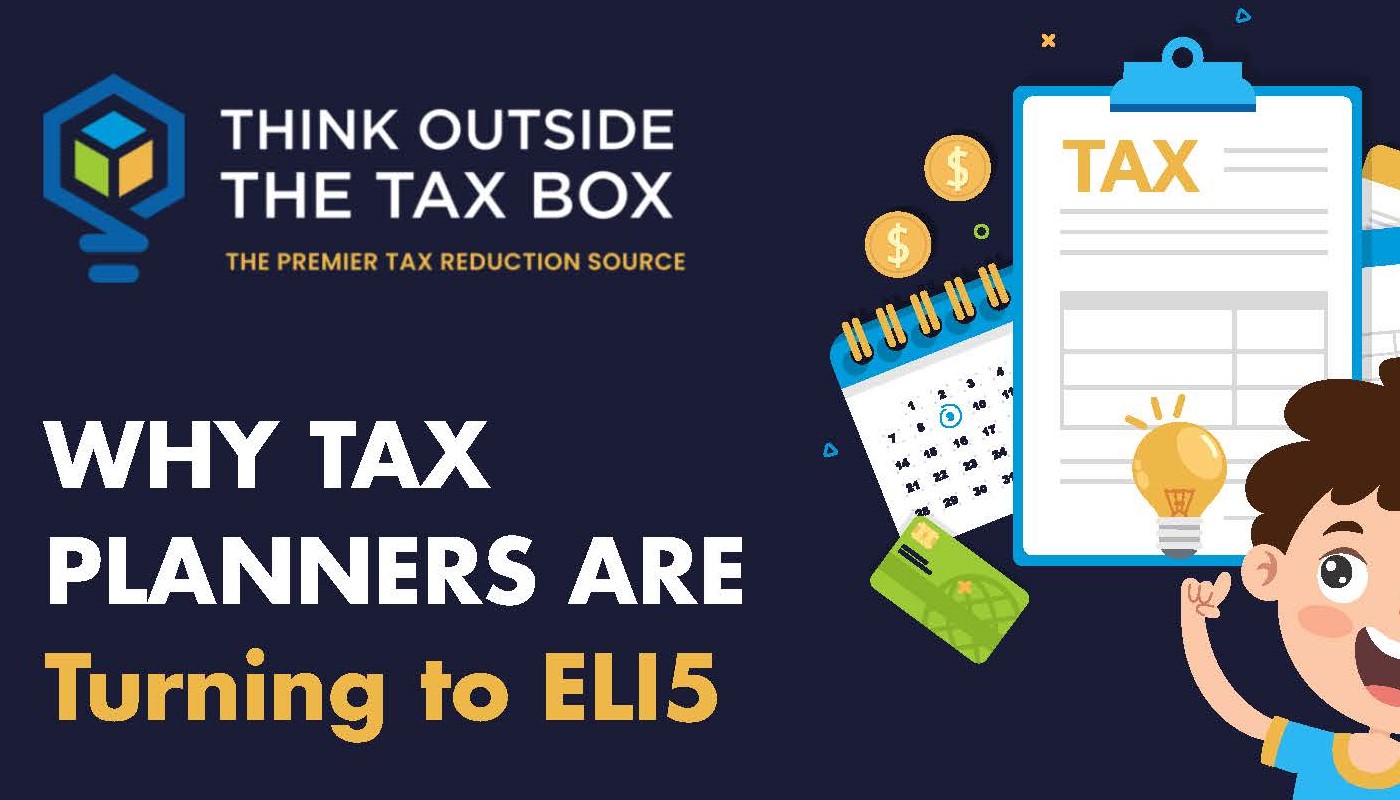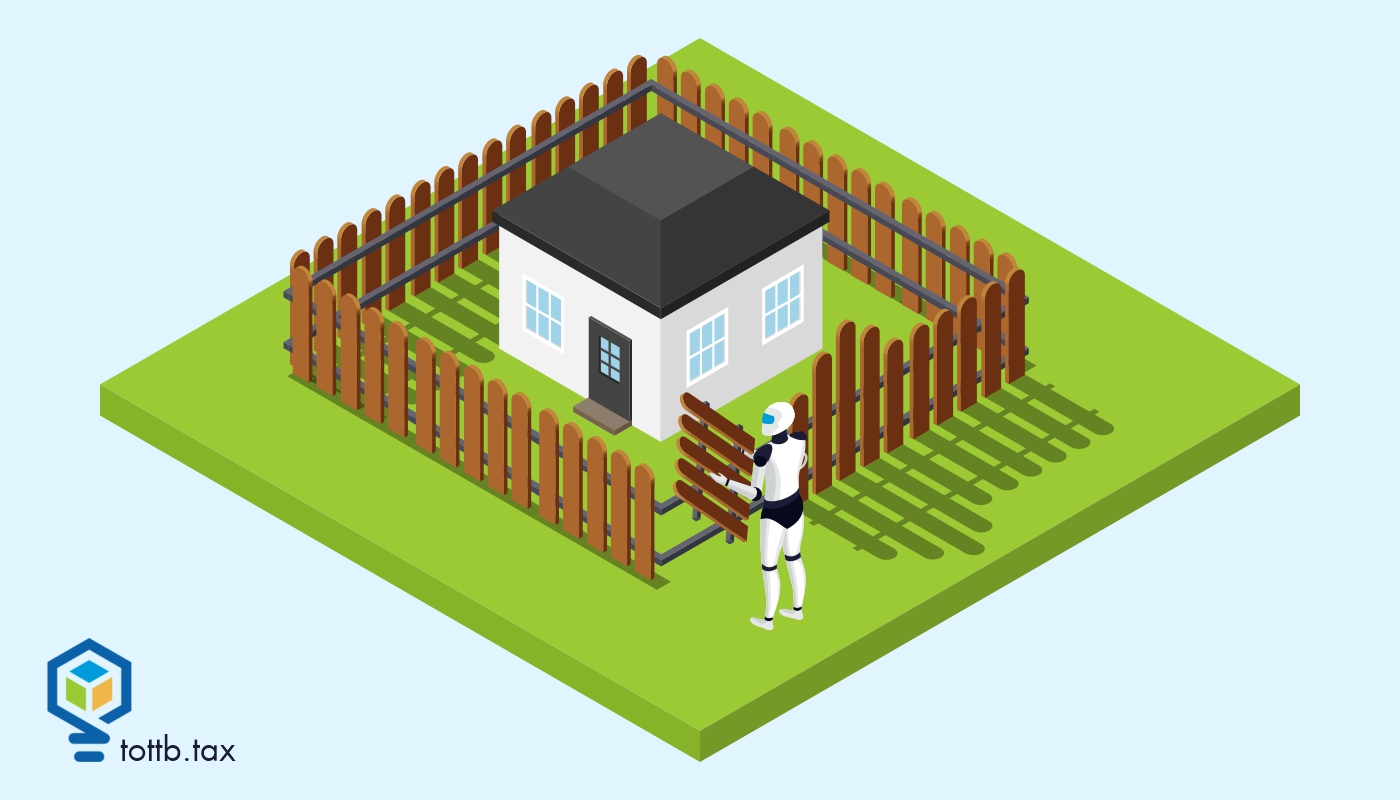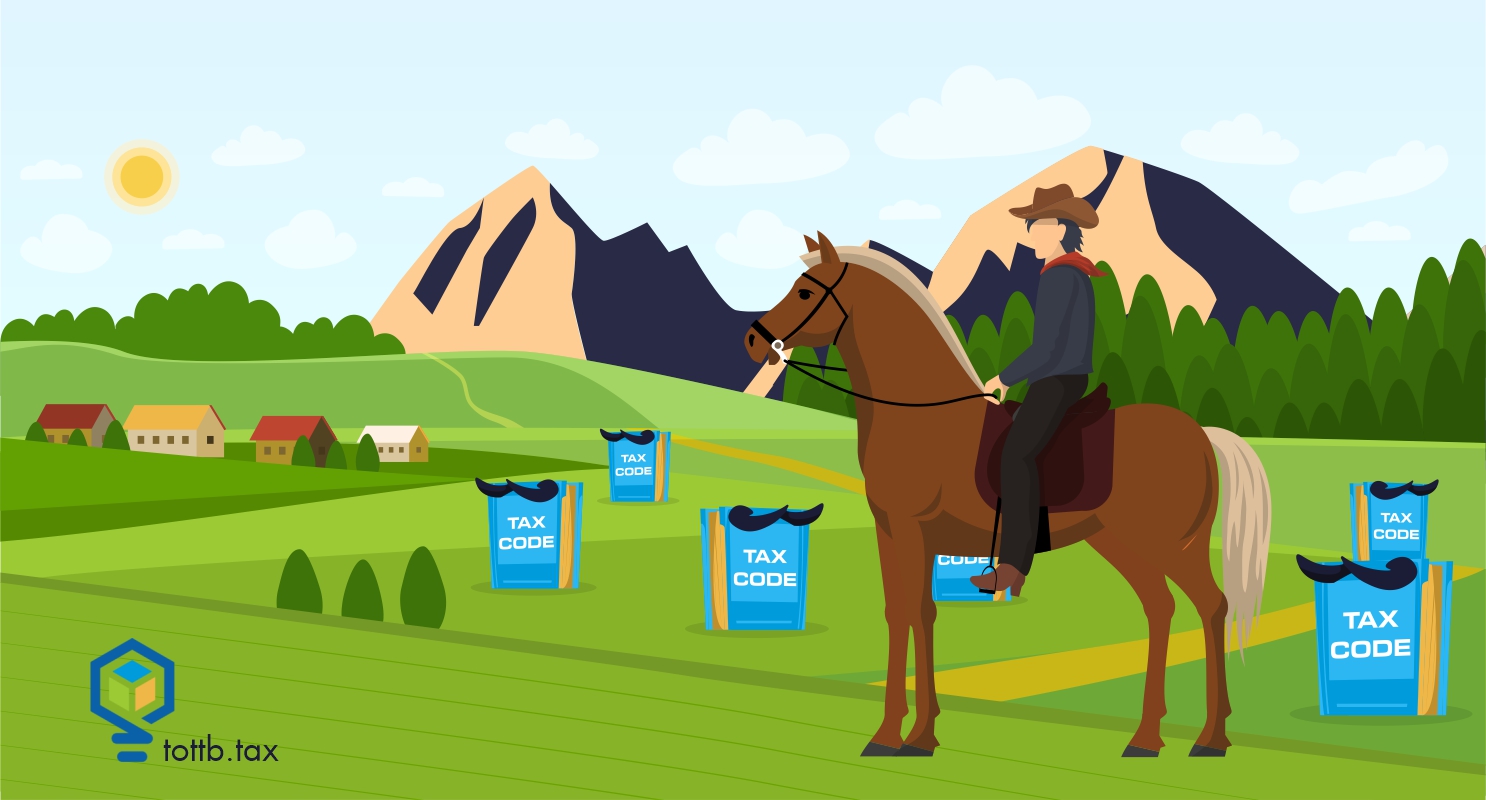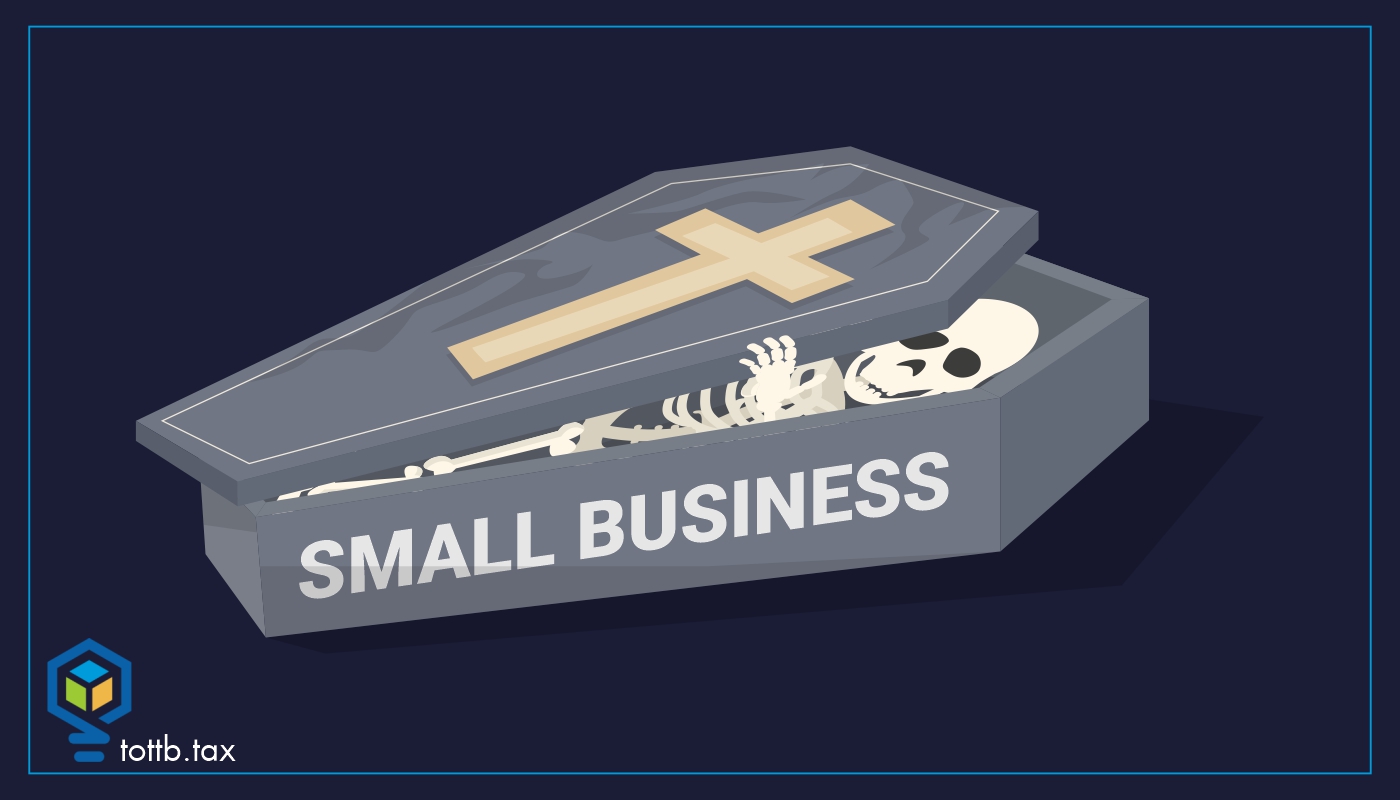CURRENT EDITION
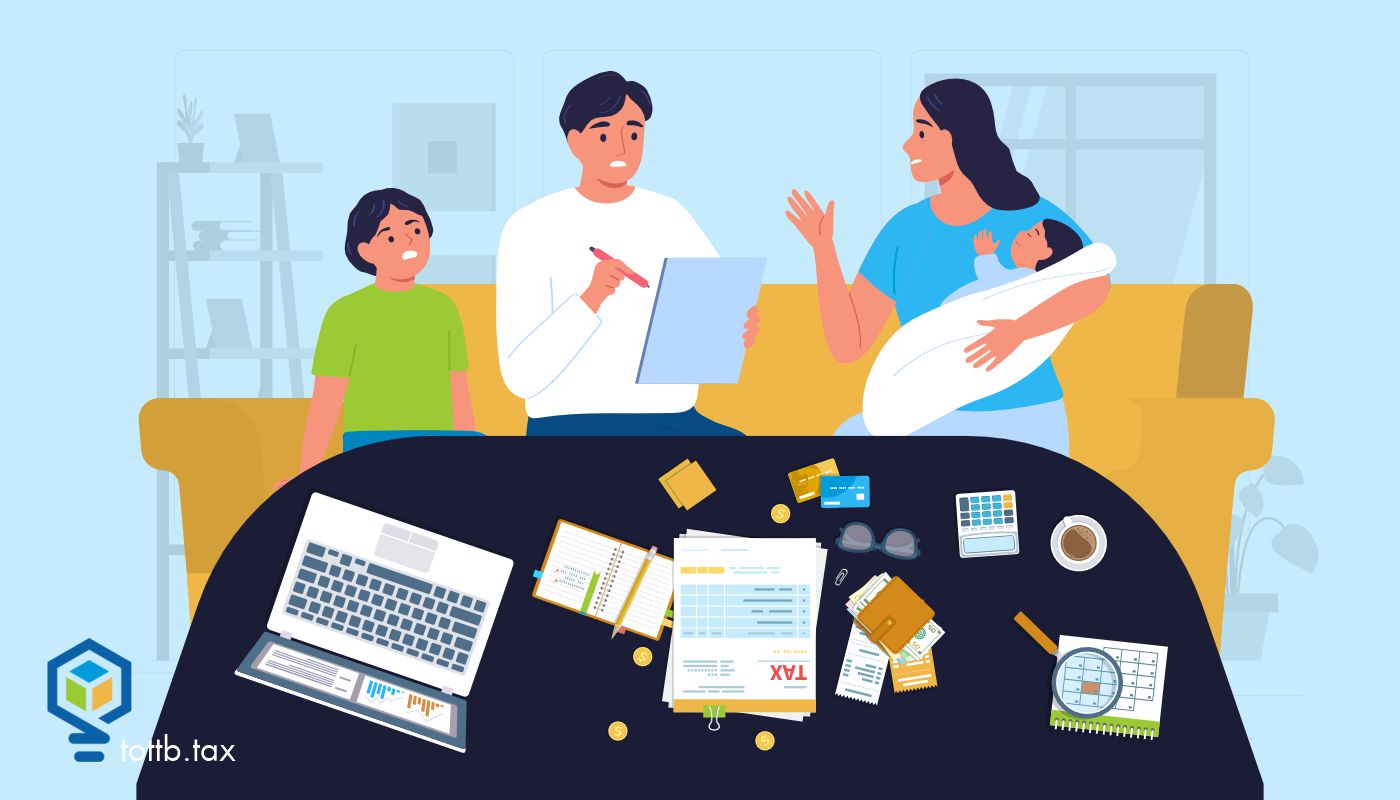
Tax Tips for Families Affected by Disability: What More People Should Know
There are a few tax tips for people with disabilities that I think are not as well-known as they should be. They can also be applicable to their parents or others who care about them. This is not meant to be a comprehensive treatment of all aspects of how taxation and disability interact. Rather it is to alert you to some things I think should be more widely known. One thing to keep in mind is that some of the parents and grandparents of disabled adults don’t necessarily share this part of their personal life, so you may be surprised at how this information might be valuable and appreciated by some of your clients.
READ MOREWhy Tax Planners are Turning to ELI5 – The Results Will Amaze You!
Taxes can be a maze of numbers and jargon that leave even the savviest individuals scratching their heads. But what if there was a secret method that tax professionals were using to make it all seem as easy as child's play? Introducing the ELI5 approach!
Read MoreNot Another ChatGPT Article…
Yes, another ChatGPT article. Or GenAI, really. Okay, I saw you roll your eyes. Well, not "saw" per se, but I felt it allllll the way from over here. But honestly, this is for your benefit, not mine! I've already figured out a ton of ways to use it to make my life easier. Yes, that's right, it's made my LIFE easier, not just work. I'm happy to share a little bit about it if you're interested. Also, before you say (again), "ChatGPT can't do tax returns or tax research. It's a useless piece of technology," - I get it! So much of what we focus on in our practice is the actual work parts. But we are far more than just tax compliance. Or at least we want to be. Okay, think about it this way - why did you become a tax practitioner? Was it because you wanted to help people? Or was it because you thought, "Oh boy, I sure love to just crank out tax returns for 80 hours a week, three months a year!" I'm guessing it was the former! And I don't know about YOUR tax practice, but mine has gotten far more complicated in the last... 20 years? Let's think about all of the changes that have happened in just the last five years? (Okay, yes, that's cheating, but I'm going to do it anyway). We've had TCJA, SECURE, CARES, SECURE 2.0, and probably half a dozen more, in addition to new regulations, case law, IRS pronouncements, state tax law changes, etc. And that's JUST with the tax law. In your practice, consider all of the things that have changed and gotten more complicated. Hybrid and remote work, finding employees, ever-expanding technology stack, one of those fancy new espresso machines with too many buttons, going paperless but still having at least five clients that mail you their documents, trying to determine a niche to offset the additional complexity, figuring out how to market to that niche... And on and on and on. So, my question would be - why WOULDN'T you want to use tools like ChatGPT to offload some of the work? GenAI came along just in time to address a lot of these issues. And I get it, it's hard to see that the pot is boiling when you're the frog in the soup, but let me tell you - the pot is boiling. Let's get you out of there!
Read MorePizza Party in the Metaverse
I love pizza. No, like I really love pizza. I have a pizza tattoo. I’m a member of the Rare Pizzas DAO. It is my go-to meal whenever the question “What’s for dinner?” gets asked. There really isn’t a better combination of cheese and deliciousness in the world. At least not in the flesh and blood “real” world. Loving pizza that much can clearly get oneself into trouble. I just never expected it to be tax trouble. Enter the “metaverse,” although I’m not sure if that is metaphorically or digitally. The metaverse is a term used to describe many digital environments that contain aspects of online gaming, virtual reality, social networking, and cryptocurrency. Generally, a metaverse is a fully immersive digital universe which combines elements of augmented reality, virtual reality, and the internet to create a seamless and interconnected space where users can explore, create, and engage with others in a virtual world. In the metaverse, users control an avatar, which represents the user in the digital universe and functions similar to a video game character. Avatars can be customized and accessorized with clothing and other items represented in the metaverse through NFTs. The metaverse holds the potential for new forms of entertainment, communication, commerce, and social interaction on a global scale. The metaverse economy is based on digital assets, making it possible for taxpayers to engage in a substantial number of taxable transactions without realizing it. And herein lies the crux of our problem.
Read MoreTax Court Roundup – August 2023
The dog days, the doldrums, the get-out-of-town days...they're here. The United States Tax Court is not immune, as the blockbuster cases and newsletter headliners have largely vanished. Still, there are report-worthy stories, despite the call of seashore and mountain meadow.
Read MoreTax Breaks for Farmers: Sowing Seeds of Savings!
Ahoy, land-lovers and cultivators of the earth! If you're a farmer, you're not just a master of the soil, but also a potential wizard of tax savings. Let's embark on a journey to understand how you can reduce that pesky tax bill and keep more of your hard-earned green (and we're not just talking about lettuce)! Farms may be considered a business. You are considered a farm if you cultivate, operate, or manage a farm for profit, either as owner or tenant. A farm includes livestock, dairy, poultry, fish, fruit, and truck farms. Farmers under the Internal Revenue Code qualify for special tax benefits, yet not all agricultural producers meet the requirements. In addition to what you are growing, producing, raising, selling or extracting, it is also necessary to examine the facts and circumstances of the applicable tax issue to fully determine whether each tax benefit applies to each situation. For example a business could be split into a farm (reported on Schedule F) and a non-farm (reported on Schedule C unless incorporated). Take the example of a vineyard and a winery. The production of the grapes is a farm and reported on Schedule F. But lo and behold! When the grapes transform into something else, the sale of wine, juice or preserves would be considered non-farm and reported on Schedule C. There are many special tax benefits allowed for those who meet the definition of a farmer. It may be advantageous to consider adding a farm as part of a larger tax strategy; however, just like any business, the hobby loss rules apply. Someone not classified as a farmer may still be engaged in farming activities and have farm income. Some of the best benefits include deferred timing of recognizing farm income, not being required to maintain inventory and not being required to make quarterly estimated tax payments. To learn about these and other tax breaks for farmers, click here to continue reading.
Read MoreTax Planning with Federal Savings Bonds
The Treasury Department offers two types of federal savings bonds, Series EE and Series I, for individuals and businesses to invest in cash savings. Until 2021, federal savings bond rates were low; however, with the dramatic increase in inflation and interest rates, interest in federal savings bonds as a savings vehicle has skyrocketed. For example, in May 2023, TreasuryDirect issued $230 million in I bonds in that one month; in May 2020, only $13 million were issued. Federal savings bonds have very favorable tax features. At the federal level, the interest earned is generally tax-deferable and sometimes entirely excluded from tax. At the state level, the interest is always entirely excluded from tax. This article will review the differences between Series EE and Series I savings bonds and the tax savings opportunities available to owners of these bonds.
Read MorePayroll Taxes — The Nail in the Small Business Coffin
“Two men showed up saying they were from the IRS because I hadn’t paid my taxes. It scared me to death. Am I going to jail? Can they do that? I’m scared.” That is what the taxpayer blurted out as soon as I answered my business phone. Now before you say, “Timalyn, no way!” Yes, way! This was February 2020 when the world was still open, and the IRS was wide awake. Revenue officers were still on the phone making calls and showing up to businesses. Since the pandemic, many taxpayers, business owners included, have become lax in taking care of their tax obligations. This is due not only to many small and micro businesses still struggling financially, but also because the IRS has not been as aggressive the past few years. Business owners with employees are in a far more dangerous position if they have not kept up with their taxes. That’s why we’re going to look at one of the worst types of taxes to get behind on, payroll taxes. One of my mentors even refers to them as the “kiss of death” to business owners. The penalties for not paying payroll taxes can bury and put the nail in the coffin of most small businesses. Let me show you how these taxes can be the grim reaper. Let’s start from the top with what payroll taxes are and how the payroll tax penalties work.
Read MoreIs the Residential Clean Energy Credit Worth It?
Have you ever gone into a dealership to purchase a car? It’s been a while for me, but one of the things that keeps me from vehicle shopping is just how difficult it is to ascertain the actual price of the vehicle. The salesperson wants to run a credit check and then talk to you about how much payment you can afford. They want to factor rebates and trade-in value of your existing vehicle to the payment they quote you without ever telling you what you are paying for the car. The entire negotiation often becomes about the monthly payment (regardless of the term of the loan) rather than the car’s price. Indeed, personal finance websites almost always recommend negotiating the three aspects of your car purchase separately: the vehicle’s price, the trade-in amount for your vehicle, and the financing. Otherwise, you run the risk of both buying more car than you can afford and being upside down in the loan (owing more on the vehicle than the vehicle is worth) shortly after you make the purchase. What does this have to do with the expansion of the Residential Clean Energy Credit, you ask? More than you might think. My husband, after talking to a neighbor, recently decided to start shopping for solar panel systems with the idea of saving money on (or largely eliminating) our monthly power bills. What followed was a crash course in residential solar energy sales and the associated economics.
Read MoreNOT A MEMBER YET?

SUBSCRIBE TO GET ALL OF OUR
GREAT ARTICLES AND RESOURCES!
CURRENT EDITION

Tax Tips for Families Affected by Disability: What More People Should Know
There are a few tax tips for people with disabilities that I think are not as well-known as they should be. They can also be applicable to their parents or others who care about them. This is not meant to be a comprehensive treatment of all aspects of how taxation and disability interact. Rather it is to alert you to some things I think should be more widely known. One thing to keep in mind is that some of the parents and grandparents of disabled adults don’t necessarily share this part of their personal life, so you may be surprised at how this information might be valuable and appreciated by some of your clients.

Beyond Numbers: How Post-Cognitive Accountants Transform the 1040 into a Portal of Profound Insights
In an era where Artificial Intelligence (AI) effortlessly handles the computational heavy lifting of tax preparation, the role of the accountant is evolving into something far more profound. The Post-Cognitive Accountant emerges not as a number cruncher but as a holistic advisor, transforming mundane tax documents into gateways of deep personal and financial insight. The once straightforward Form 1040 is now a rich tapestry, each box a doorway into the unique narrative of an individual’s life. Let’s embark on a journey through the 1040, reimagined as a portal to new dimensions of understanding and opportunity.
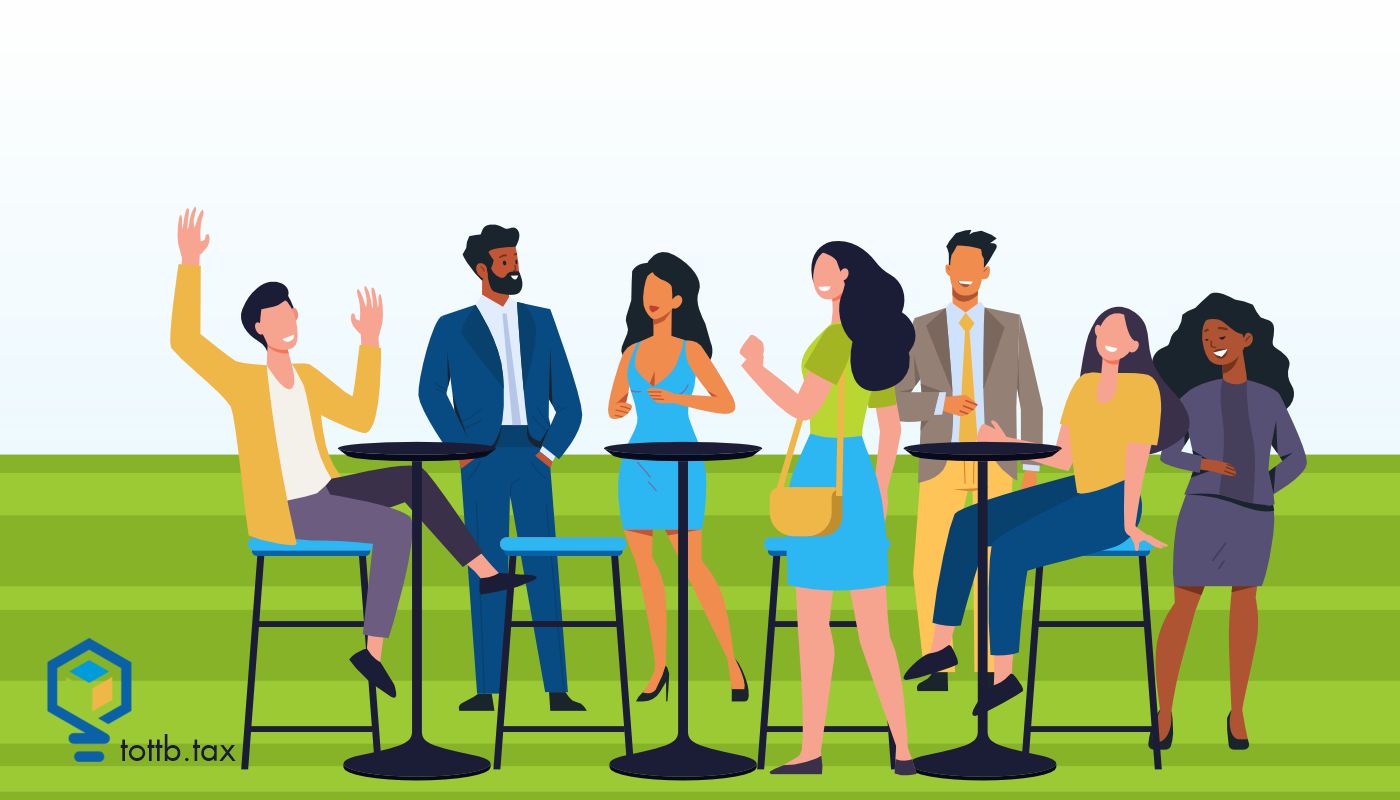
Networking Events for CPAs: Making the Most of Conferences and Seminars
Networking is vital to any profession and is no different for us Certified Public Accountants (CPAs). Attending conferences and seminars can be a game-changer, offering opportunities to learn, connect, and grow your professional network. These events are not just about business but also about personal and professional growth. However, to truly benefit from these events, it’s essential to have a strategy in place.

